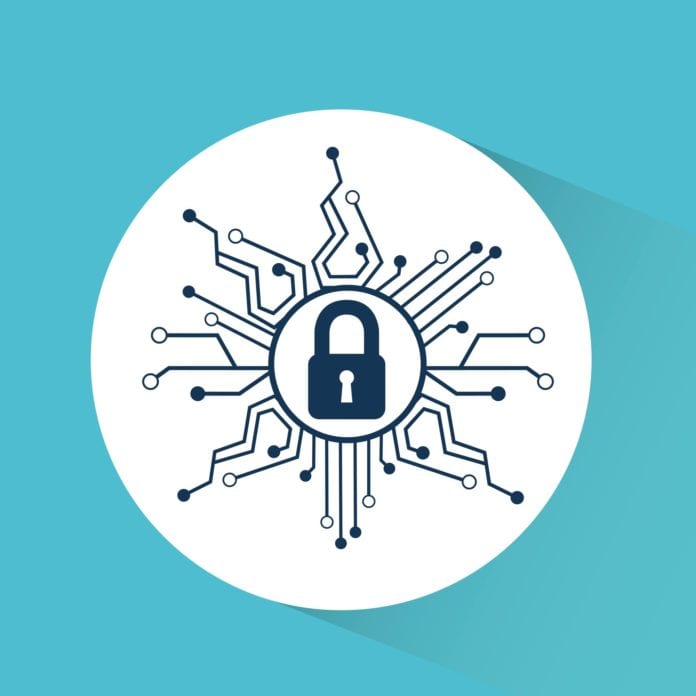Quectel: ‘As hackers get more sophisticated, so too will our modules’
As the number of connected devices in homes, throughout cities or within enterprises continues to increase, so do the opportunities for attacking security vulnerabilities. According to Neset Yalcinkaya, VP of Product and GM of NA R&D Center at Quectel Wireless Solutions, these connected devices are becoming integral to our day-to-day life, and because of this, it becomes easier to imagine just how damaging it would be if a malicious entity managed to take control of them.
“For example,” Yalcinkaya offered, “if a smart city is hacked, significant and dangerous damage can be made to its infrastructure.”
He continued, “More devices are connected via cellular, and it’s very critical to secure these devices not only to protect personal information and data, but also worldwide infrastructure.”
One such way to ensure a device is secure is to begin with the cellular module, or as Yalcinkaya put it, a device’s building blocks. Using Qualcomm’s Snapdragon chipsets, Quectel made System on Modules (SOMs) with compute, Wi-Fi/BT, graphics, video encode/decode, display, audio and cellular connectivity under one shield.
“This not only reduces the cost of the system,” Yalcinkaya said, “but also simplifies the design, making it more compact and improving time to market.”
The Qualcomm chipsets come equipped with a number of security features, making them an attractive choice for Quectel as it sought to better secure its modules.
Yalcinkaya explained that because they contain the Qualcomm chipset, Quectel modules have security communication protocols such as TLS1.2/1.3, secure debug, secure storage, key provisioning and Trusted Execution Environment.
“Quectel modules are protected with Secure Boot, this prevents any firmware lacking legal authorization from running inside the modules,” he elaborated. “The Secure File System feature protects the validity and integrity of customer’s core file system. Quectel also offers the Secure Storage Service for customer’s key data, which runs in a Trusted Execution Environment.”
These features protect against a variety of common breaches, such as code modifications, key and password compromises and man-in-the-middle attacks.
Yalcinkaya added that these modules are gaining significant traction in the market, with more of them being used in applications where security is paramount, such as smart payment, home security panels, robotics and dash cams. In order to ensure more reliable connections, all Quectel’s modules have gained worldwide regulatory and conformance certificates, including the approvals by major NA carriers.
“In the age of 5G, beyond tablets and handsets, we expect a large number of mobile broadband customer devices based on Sub-6GHz and mmWave technologies, such as mobile routers and gateways, to be launched soon,” Yalcinkaya said.
“Security risks will increase as more and more devices are connected, and malicious attacks will continue,” Yalcinkaya warned, “with some of the biggest risks facing us in 2020 being user authorization and permissions.”
Therefore, he continued, “Guaranteeing the security of our devices starts with securing their main building blocks, cellular modules. It is critical to deploy all the security measures I highlighted previously. As hackers get more sophisticated, so too will our modules.”

